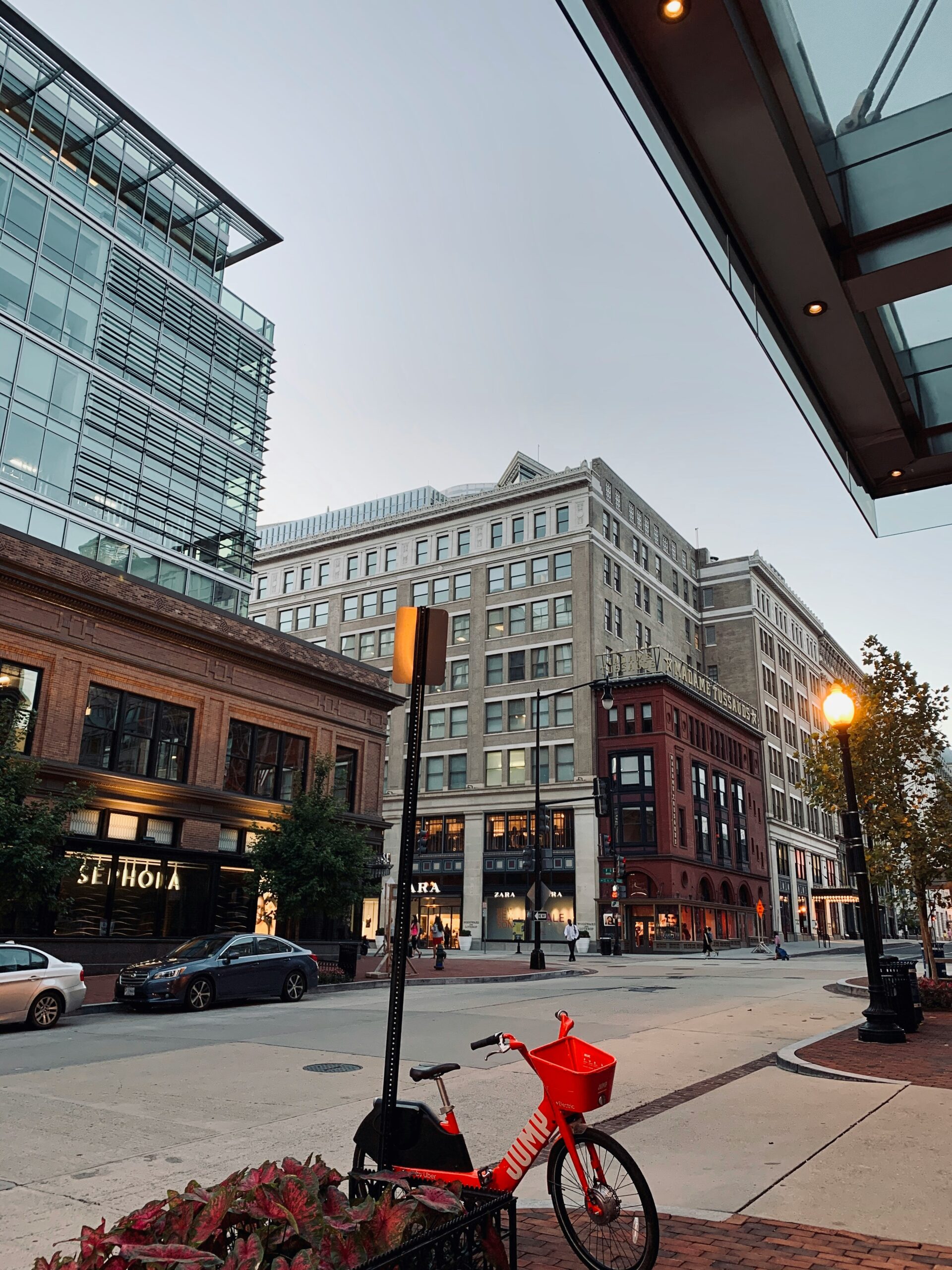On Tuesday, December 10, 2024, Director of Research and Policy Emilia Calma testified before the DC Council Committee of the Whole on Bill 25-918, Secure Apartments for Everyone (SAFE) Regulation Amendment Act of 2024. Her testimony focused on housing providers’ powers to maintain safe and secure apartment buildings. Read the testimony below, or download a PDF copy.
Good morning, Chairperson Mendelson, Pinto, and members of the Committee.
My name is Emilia Calma and I am the Director of Research and Policy at the D.C. Policy Center, an independent nonpartisan think tank advancing policies for a strong, competitive, and vibrant economy in the District of Columbia. Today I am here to speak against provisions in the Secure Apartments for Everyone (SAFE) Regulation Amendment Act of 2024 that will unfairly target landlords for tenant activity and impose harsh financial penalties.
The SAFE Act requires on-site assessments from the Department of Buildings (DOB) for any property in which either multiple controlled substances have been seized, multiple firearms have been recovered, or there have been multiple arrests for violent crimes.1 Following the assessment, DOB would submit a security report with recommendations to address safety concerns. The bill also expands the crimes included in the Nuisance Abatement Act that allows the Office of the Attorney General (OAG) to sue property owners, and it requires all properties to have self-closing and locking doors and exterior lighting.
Certain provisions of this bill–including self-closing and locking doors and lighted public areas–are reasonable. However, the expansion of the Nuisance Abatement Act, which would allow the OAG to sue property owners where serious crimes are committed on the property, unfairly punishes landlords for tenant behavior.
While landlords should provide certain safety features on properties, landlords currently have little recourse to stop illegal tenant behavior. The only power landlords have to deter criminal activity is the threat of eviction. However, while evictions used to take 3 to 6 months, now they take 1.5 to 2 years. This timeline is the same even if tenants have been arrested for violent crimes or convicted.
To increase the safety of buildings and stop illegal activity from occurring, Council should look toward eviction reform, giving landlords the ability to remove tenants who are using the property in illegal ways or threatening the safety of other residents. As long as these delays are in place, landlords cannot be held responsible for tenant behavior.
Additionally, the financial penalties this bill creates could bankrupt already struggling housing providers. Many housing providers are already struggling financially due to huge increases in unpaid rent. Unpaid rent increased in the last couple years from under 5 percent to an average of 20 percent, especially affecting affordable housing providers.2 One large affordable housing provider was forced to shut down all operations this year already, and many smaller ones are leaving the market.3 Imposing the penalties outlined in this bill of up to $5,000 per day could bankrupt housing providers and put D.C.’s current affordable housing stock at risk.
Thank you for your time. I look forward to answering any questions you may have.
Endnotes
- The SAFE Act allows the Attorney General (AG) to target properties where serious crimes involving guns or violence occur and requires Department of Buildings (DOB) to conduct on-site security assessments if there are 2 firearm seizures occur in six months, 2 controlled substance seizures occur in three months, or 2 violent crimes occur at the property in six months.
- Calma, E. (2024). Finding long-term solutions to protect affordable housing in the District. D.C. Policy Center. https://www.dcpolicycenter.org/publications/finding-long-term-solutions-to-protect-affordable-housing-in-the-district/
- Banister, J. (2024). ‘The Whole Industry Could Collapse’: D.C.’s Housing Providers Face An Existential Crisis. Bisnow. https://www.bisnow.com/washington-dc/news/multifamily/the-whole-industry-could-collapse-dcs-housing-providers-face-an-existential-crisis-125782
